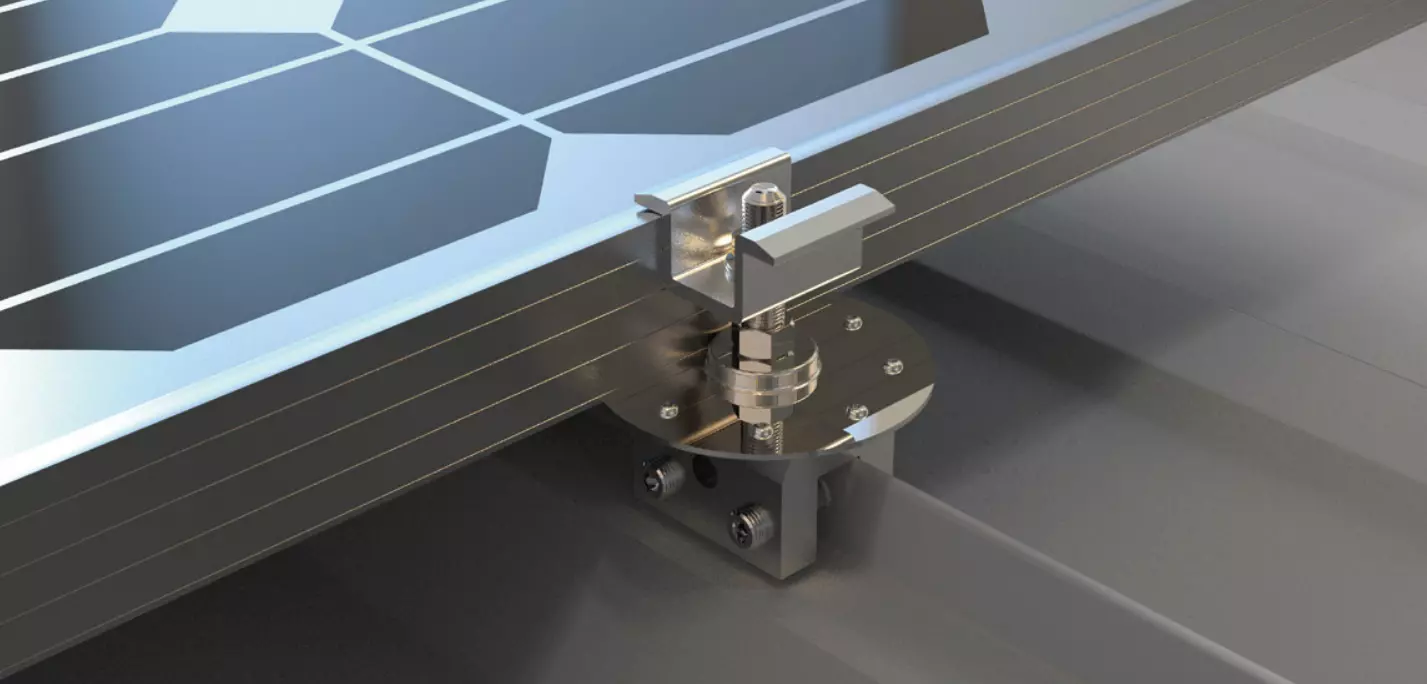
Texas weather can be unpredictable — with sudden thunderstorms, hail, and high winds capable of testing even the strongest solar systems. While modern panels are designed to withstand harsh conditions, preparation is key to keeping your investment safe and fully operational year-round.
With the right steps, you can minimize damage, protect your roof, and ensure your solar system continues performing long after the storm passes. Here’s how homeowners can prepare their solar panels and equipment for storm season the smart way.
1. Schedule a Professional Solar Inspection
Before storm season hits, it’s essential to have your system inspected by a qualified solar technician. They’ll check mounts, seals, and wiring to ensure everything is secure and watertight. A simple inspection can reveal loose hardware or small vulnerabilities before they become major issues during severe weather.
2. Check for Roof Readiness
Your roof supports your entire solar system, so its condition is just as important as the panels themselves. Make sure shingles, flashing, and seals are intact to prevent leaks or structural problems. Homeowners who recently replaced their roof should confirm the mounts are reinstalled correctly and sealed to code.
3. Tighten and Secure Mounting Hardware
Wind is one of the biggest threats during storm season. Ensuring that your solar mounts are properly secured reduces the risk of panels shifting or detaching during strong gusts. Hardware should be tightened, corrosion-free, and fully sealed against moisture intrusion.
4. Protect Electrical Components
Your solar system’s electrical components — including the inverter and wiring — should be inspected for proper sealing and grounding. Waterproof enclosures and surge protection help prevent damage from heavy rain and lightning strikes.
If your system doesn’t have a surge protector installed, now is the time to add one. It’s a small investment that can prevent major damage.
5. Clean Your Panels Before Storms Arrive
Cleaning panels before storm season helps maximize performance and visibility during inspections. Removing dirt and debris also prevents grime from mixing with rainwater and leaving behind stubborn stains. Clean panels are more efficient and easier to assess for damage after a storm.
6. Document Your System’s Condition
Before a major storm, take clear photos of your panels, mounts, and inverter area. This documentation will be helpful if you ever need to file an insurance claim for weather-related damage. It also provides a reference for technicians during post-storm inspections.
7. Review Your Monitoring App
Make sure your solar monitoring system is active and reporting correctly. During storms, the app can help identify production drops or outages in real time. This allows you to spot potential damage quickly and contact a professional if something seems off.
8. Turn Off the System if Directed
In most cases, your solar system will automatically shut down during a severe power outage. However, if local officials issue safety instructions or you suspect damage after a storm, disconnect the system until it’s professionally inspected. Safety should always come first.
9. Schedule a Post-Storm Inspection
After the weather clears, have your system checked for cracks, loose mounts, or water intrusion. Even if your panels appear fine, hidden damage can affect long-term performance. Post-storm inspections ensure your system is safe, efficient, and ready to get back online.
10. Partner with Trusted Solar Professionals
Having a reliable solar service provider makes all the difference during storm season. They’ll help you prepare before bad weather, inspect afterward, and make any necessary repairs without voiding warranties or compromising your roof.
Why Homeowners Across Texas Trust Sunaura Solar
- Storm-Ready Services – Pre- and post-storm inspections and repairs.
- Roof-Safe Workmanship – Protecting both your panels and your home.
- Local Expertise – Familiar with Texas weather and roofing conditions.
- Full-System Care – From wiring to mounting, every detail matters.
From Addison to Fort Worth, homeowners rely on Sunaura Solar for professional inspections and maintenance that keep their systems resilient year after year.














